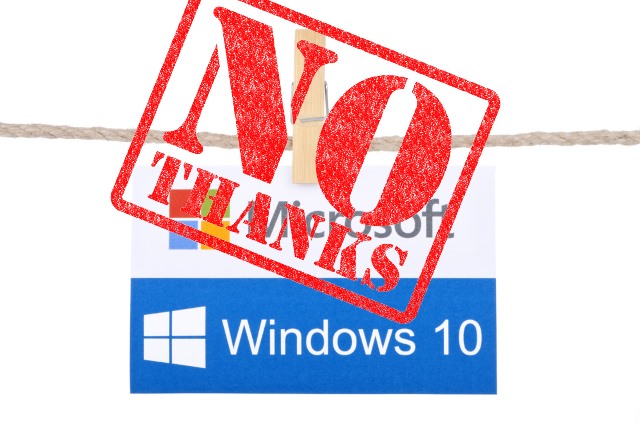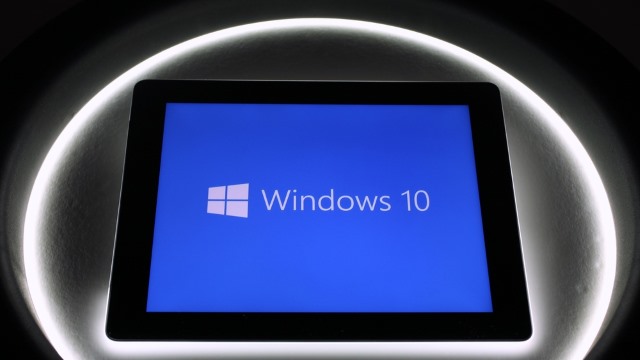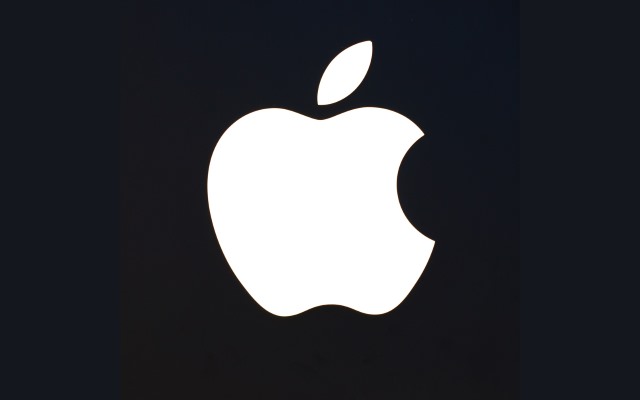
How bad is iOS 9 ad blocking for Internet advertising?
On Sept. 16, 2015, Apple released iOS 9, which enables users of iPad and iPhone to disable ads. The company claims the capability improves the overall user experience. As someone covering the tech industry for more than two decades, I perceive it as something else, too: Competitive assault against Google and means of pushing publishers to iOS 9's new News app. There is nothing friendly about Apple's maneuver. It is aggressive and tactical. But does it really matter?
Stated simply: More than 90 percent of Google revenue comes from contextual and search-related advertising. Apple derives about the same figure from selling devices and supporting services. At the same time, mobile is the future of Internet advertising and the battleground where the two meet. The entities' respective mobile platforms, Android and iOS, long ago put the tech titans on a collision course. Conceptually, what Apple can't gain from iPad and iPhone sales, it can take by shaking pillars supporting its rival's business.

AVG's new privacy policy is brutally honest about tracking you
AVG has thrown down the gauntlet to other technology companies, challenging the rest of the industry to produce open, truthful privacy policies. AVG has done just that, and you might not like what you read.
The antivirus company has published its own brutally honest privacy policy that clearly sets out how it tracks users' activity, gathers data, and shares that information with others. Unsurprisingly, despite the fact that nothing has changed but merely been brought out in to the open, people are not happy. Is honesty about a disagreeable policy better than living in blissful ignorance?

Twitter accused of eavesdropping on Direct Messages
Social network Twitter is facing a potential lawsuit after allegedly spying on users’ Direct Messages, a popular feature where people can talk privately without anyone else seeing.
A court case has been filed in San Francisco by Wilford Raney, in which it accuses Twitter of using algorithms to "surreptitiously" eavesdrop on users.

Microsoft refuses to answer questions about forced Windows 10 downloads
Just last week Microsoft managed to piss off a lot of people by secretly downloading the Windows 10 installation files to their computers without permission. The comments from BetaNews readers were plentiful, but divided. Some didn't see the problem, while others thought it to be invasive and presumptive.
But there was one question that popped up again and again -- just what the hell was Microsoft thinking? I decided to try to find out but found that the company was somewhat cagey with what it wanted to say on the matter. This is not on. People are more than a little annoyed, and they are demanding answers. They deserve them.

Permission based publishing lets users keep control of content
Once content has been published online it's almost impossible to retain control and know who sees it or where it's distributed.
A new solution from StoryCloud seeks to offer online content publishers control over how their material is consumed. Called Share By it provides user-controlled file transferring for media, videos, music and various file formats with easy to interpret analytics, integrated social networking and ecommerce.

How to find out if GCHQ and the NSA spied on you, and how to complain
Privacy International has created a platform through which individuals and organizations can file complaints with GCHQ about surveillance of phone calls and internet usage. The charity has long concerned itself with government surveillance, particularly the sharing of data between the NSA and GCHQ.
The legality of mass surveillance has been questioned by many, and it has already been determined that human rights organization Amnesty International was illegally spied on. Edward Snowden's NSA revelations have led to a huge increase in awareness of privacy issues, and now Privacy International is making it easier to find out if you were spied on, and to lodge an official complaint.

Tor gains extra security as .onion becomes Special-Use Domain Name
Tor -- The Onion Router -- is used as a way of browsing the web (more) anonymously. Most well-known for providing access to what has become known as the Dark Web, Tor has faced competition from other secure browsing systems such as HORNET. But now it is set to benefit from key changes that will improve security and have further implications.
Engineering Task Force (IETF) along with Internet Assigned Numbers Authority, part of ICANN, has granted formal recognition to the .onion domain, adding it to the list of Special-Use Domain Names. Previously known as a psdeuo-TLD it was technically possible for the .onion domain to be used on the regular web -- now it is limited to Tor. There is also the possibility of site-specific encryption and the use of security certificates.

Millions of Ashley Madison passwords cracked
The fallout from the Ashley Madison hack continues. After the passwords of millions of users were stolen in a huge security breach, the encrypted database has now been cracked. A cracking group called CynoSure Prime eschewed a time-consuming brute force approach to breaking into the database, and instead exploited information revealed by a change the infidelity site made to the way it stored data.
This change effectively rendered pointless the bcrypt encryption that had been used to protect data. It was possible to dramatically speed up the cracking process so data was accessible in a matter of days rather than years. So should users of Ashley Madison be worried?

How to stop Windows 10 downloading automatically
Once again, Microsoft has managed to rile people with Windows 10. People have discovered that the Windows 10 installation files are being downloaded to their computers without their permission. If this has happened to you already, we've already shown you how to remove Windows 10, claiming back space and regaining control.
But if you have been lucky enough to avoid the unwanted arrival of Windows 10 installation files so far, you'll be more interested in prevention than a cure. Here's what you need to do to make sure Microsoft doesn’t force feed you Windows 10.

Health insurer discovers hack half a year too late
A health insurer in upstate New York was hacked, and more than 10 million of its members might have had their data stolen, Reuters reported on Thursday.
The Rochester-based insurer Excellus BlueCross BlueShield said it and its affiliates had been the target of a sophisticated cyberattack. It is offering free identity theft protection services to the affected.

Microsoft forcibly downloads Windows 10 whether you want it or not
Microsoft has started to download Windows 10 to the computers of Windows 7 and Windows 8.1 users regardless of whether they reserved a copy of the operating system upgrade. Eagle-eyed Windows users have noticed the sudden appearance of a folder called $Windows.~BT, occupying up to 6GB of space.
For anyone who reserved Windows 10, this would make sense, as this is the folder used as a temporary storage location during installation. But it seems Microsoft is trying to foist the operating system on everyone, regardless of whether they have expressed interest in it. On one hand it's a pre-emptive move that could be seen as speeding things up for someone if they should later decide to upgrade, but on the other it is slightly more sinister.

Dating sites continue to allow simple passwords, endangering users' private data
It has been slightly over 3 months since the extra-marital affair website Ashely Madison was hacked and the details of millions of users were released to the world.
But the surprising thing is that other dating websites haven’t learned the lesson from this attack.

Apple and Microsoft are winning the PR game against the US government
Microsoft and Apple are battling the US government over the right to keep their users’ data safe, and according to a report by The New York Times, the American tech companies are winning.
At least they’re winning in the public relations game, as the general notion today is that those companies are doing everything they can to protect their users’ privacy.

Apple can't give real time iMessage data to the FBI because texts are encrypted
Despite a court order instructing the company to hand over text conversations between iMessage accounts to the FBI, Apple says that its own encryption system means it cannot do so. The Justice Department obtained a court order that required Apple to provide real time access to text messages sent between suspects in an investigation involving guns and drugs.
Apple has responded by saying that the fact iMessage is encrypted means that it is simply not able to comply with the order. The stand-off between the US government and Apple could last for some time as neither side is willing -- or possibly able -- to back down.

Snowden: web restrictions are 'wrong in Russia, would be wrong anywhere'
Edward Snowden might be holed up in Russia, but that's not going to stop him from criticizing the country. While accepting the Norwegian Academy of Literature and Freedom of Expression’s Bjornson prize, the former NSA contractor used a speech to call Russia's attitude to internet freedom and homosexuality as "fundamentally wrong".
The US government has indicated that it has no intention of pardoning Snowden so he remains in exile -- for now, this is in Russia. Not shy to court controversy -- and possibly biting the hand that feeds -- he has hit out at the Russian government saying that its control and restrictions it places on the web are a "mistake in policy".